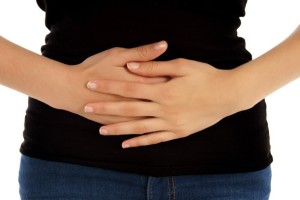You can study all you want as a doctor. You can read text books, medical literature, and go to seminars to learn about conditions and how to treat them. But what I’ve found in working with patients and clients over a 20+ year period is that what you see in clinical practice doesn’t always look like what it says it’s supposed to look like in the text book. Symptom profiles can be different, treatment outcomes certainly vary, and many things are unpredictable.
When it comes to diagnosis, what the literature says or what we were taught in school versus what I’ve heard my patients report are two different things.
Traditional SIBO symptoms include:
These typically occur within 30 minutes to a few hours after eating sugars, starches, grains, and certain fruits and vegetables.
Additional complaints directly from SIBO patients in my clinic:
- “I can only eat a few bites. Then I feel full.”
- “It doesn’t matter what I eat, I’m miserable.”
- “Sometimes I eat something and I’m fine, and then the next time I eat it, I’m a mess.”
- “They told me I have Leaky Gut, and I’ve been doing all the protocols, but I’m not getting any better.”
- “They told me I have Candida, and I’ve been doing all the protocols, but I’m not getting any better.”
- “My tongue goes numb.”
- “I always get sore throats and low-grade fevers.”
- “I always feel like I have a cold coming on, but it never really goes full-blown.”
- “I just can’t tolerate fermented foods.”
- “I have really bad gas.”
- “It’s way worse at night.”
- “I feel like my guts are going to explode. Should I go to the ER? They never do anything and it’s usually just a waste of time. But I seriously can NOT keep going like this!”
And, in addition to the standard foods that cause problems, I have also seen that some nutritional supplements like probiotics, prebiotics, fiber supplements, and rice or pea protein powders can even induce symptoms.
For more information on what causes SIBO, how to tell if you have SIBO, and what to do about it, see the Articles page for educational information.

